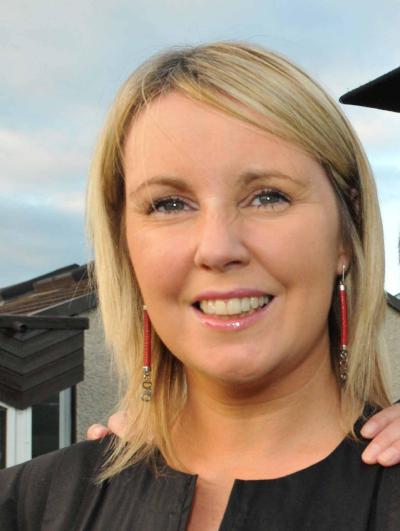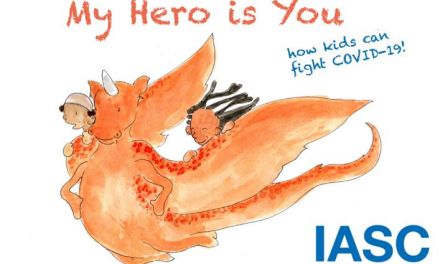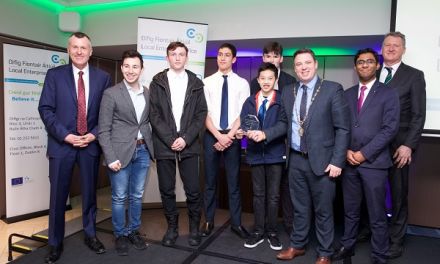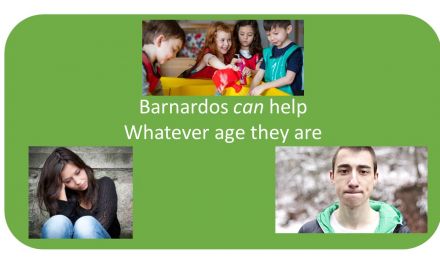This article was originally published on Echolive.ie
A LEADING Cork expert in the field of early year’s education and care (ECEC) has offered advice to parents seeking to keep children entertained and safe in the coming weeks following the closures of schools and childcare facilities across Ireland.
Dr Judith Butler, lecturer in child psychology and early years at Cork Institute of Technology, highlighted the importance of having age-appropriate conversations with children on the subject of the coronavirus, keeping them engaged and maintaining routines.
Her advice comes after Taoiseach Leo Varadkar announced on Thursday that all schools, colleges and childcare facilities in Ireland are to close until March 29 at the earliest.
Speaking to The Echo, Dr Butler said: “Covid-19 is disrupting all our lives.
“There are challenges for parents who are now facing closures of childcare facilities and schools.
“The closure, due to Covid-19, is much different from other unplanned days off, including the enjoyable snow days where our children were able to interact with their friends and have fun,” she explained.
“Since the main objective now is to contain a very highly contagious virus, social distancing is required.
“So now, we need to think about filling those long free days.”
How to talk to your child about COVID-19
“As parents, we need to guide our children through what can be a very scary time,” explained Dr Butler.
“Children hear the news, many are worried and have many questions.
“When we are talking to our children it is very important that we respond to children’s questions in a developmentally appropriate manner,” she added.
“We must never dismiss our children’s anxieties about Covid-19 as this will just confuse and worry them more.
“It is important to acknowledge the child’s fears and tell our children that they have every right to be concerned. Use it as an opportunity to reinforce the preventative measures, such as handwashing, not touching our face etc, and explain that our doctors are very well trained to help the sick.”
Maintain a routine
“In times of uncertainty, it is imperative that we maintain routine,” said Dr Butler.
“As adults, we like order in our lives but children need routine so stick to a routine or schedule where possible.
“So, for example, keep mealtimes at the same as any other day and keep to your usual sleep time,” she added.
Dr Butler also advised parents to involve the child or children in creating their daily plan.
“Offer children simple choices – would they like to do an art activity or read a book?” she said.
“This is an ideal opportunity for children to learn about helping each other and ensuring that we all play an important role in caring for our environment and the people in it.
Will Sliney, a comic book artist, whose online art classes have gone global during the pandemic.
“Boredom will happen – it is ok to be bored,” explained Dr Butler.
“No one ever died of boredom and boredom can lead to great creativity.
“Let children find the opportunity,” she advised.
“There is a growing body of evidence showing that creativity has a beneficial effect on us.”
Dr Butler explained that there are many ways to be creative and this is a prime opportunity for everyone, young and old, to boost their creativity, which will impact positively on wellbeing.
“Through everyday tasks, we can become very creative,” she said.
“Think about how we can become creative during food preparation for example.
“During this forced period of social distancing, consider filling your children’s days with activities such as drawing or painting,” she added.
Dr Butler also highlighted the opportunity to play board games, card games, charades, or activities such as balloon volleyball.
She encouraged parents to cook with their children, trying new recipes, ingredients or a no-bake recipe. She also encouraged activities such as writing, singing, reading, drama activities, movie nights and sewing or knitting.
For outdoor options, Dr Butler said: “Teach all those old schoolyard games that brought the best fun including Red Rover, Simon Says, Tip the Can, skipping and elastic band games including German jumps.
“Or plant seeds, explore small areas of nature with a magnifying glass, collect shells, stones, petals, and host a picnic lunch inside or outside,” she added.
As well as finding ways to entertain and inform children at home, Dr Butler highlighted the importance of wellbeing for parents during this stressful time.
“Parenting is stressful,” she said.
“There is a reason why flight attendants tell passengers to put on their oxygen masks before trying to help others.
“If you become hypoxic, you are of no benefit to anyone,” she added.
“Do what you have to do to get a break when needed even if it means giving in to screen time.
“Cut yourself some slack.
“It can be very hard being around children 24/7 even when they are our own.”
For parents seeking a break, Dr Butler advised calling a loved one, listening to music, reading and sitting in nature.





